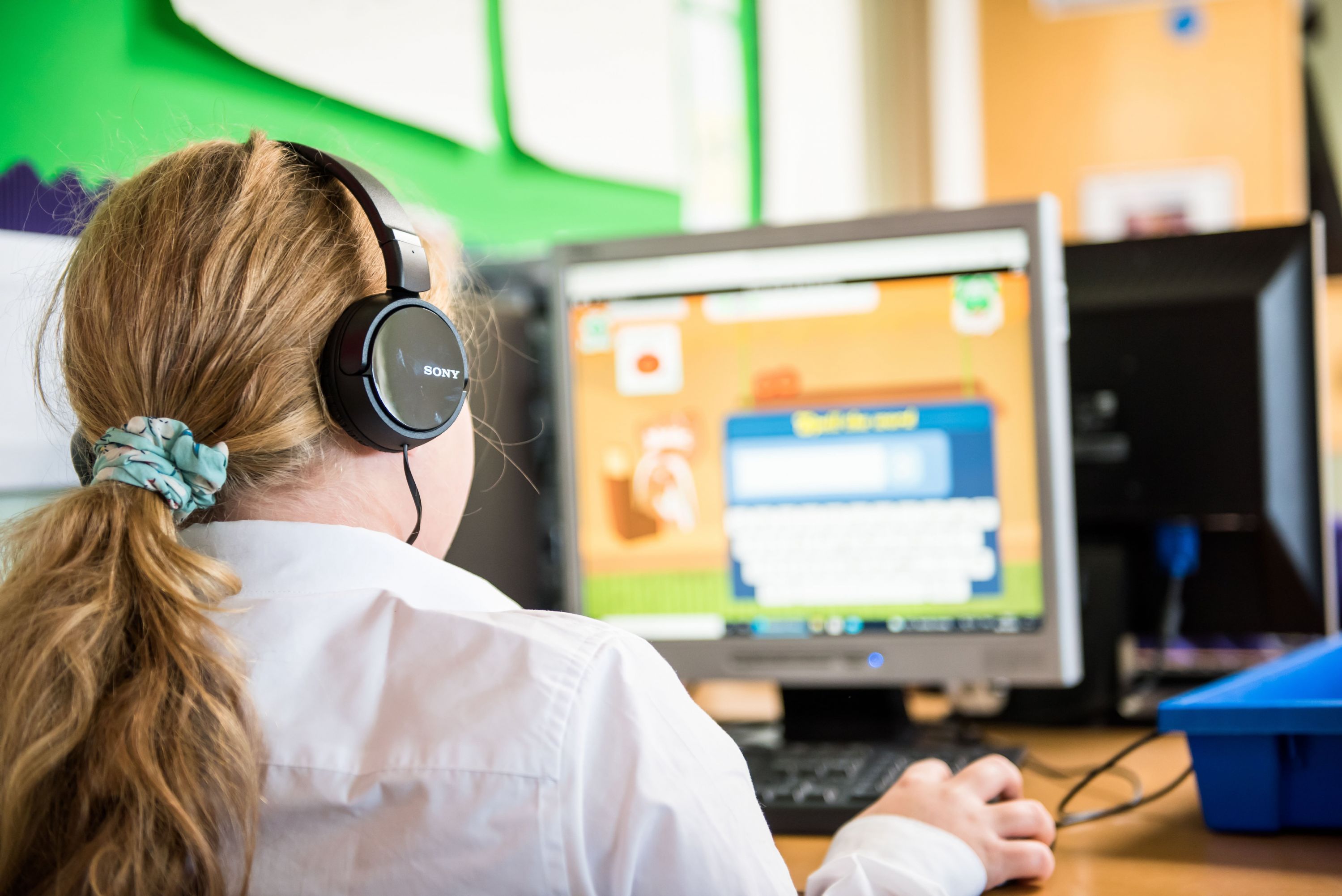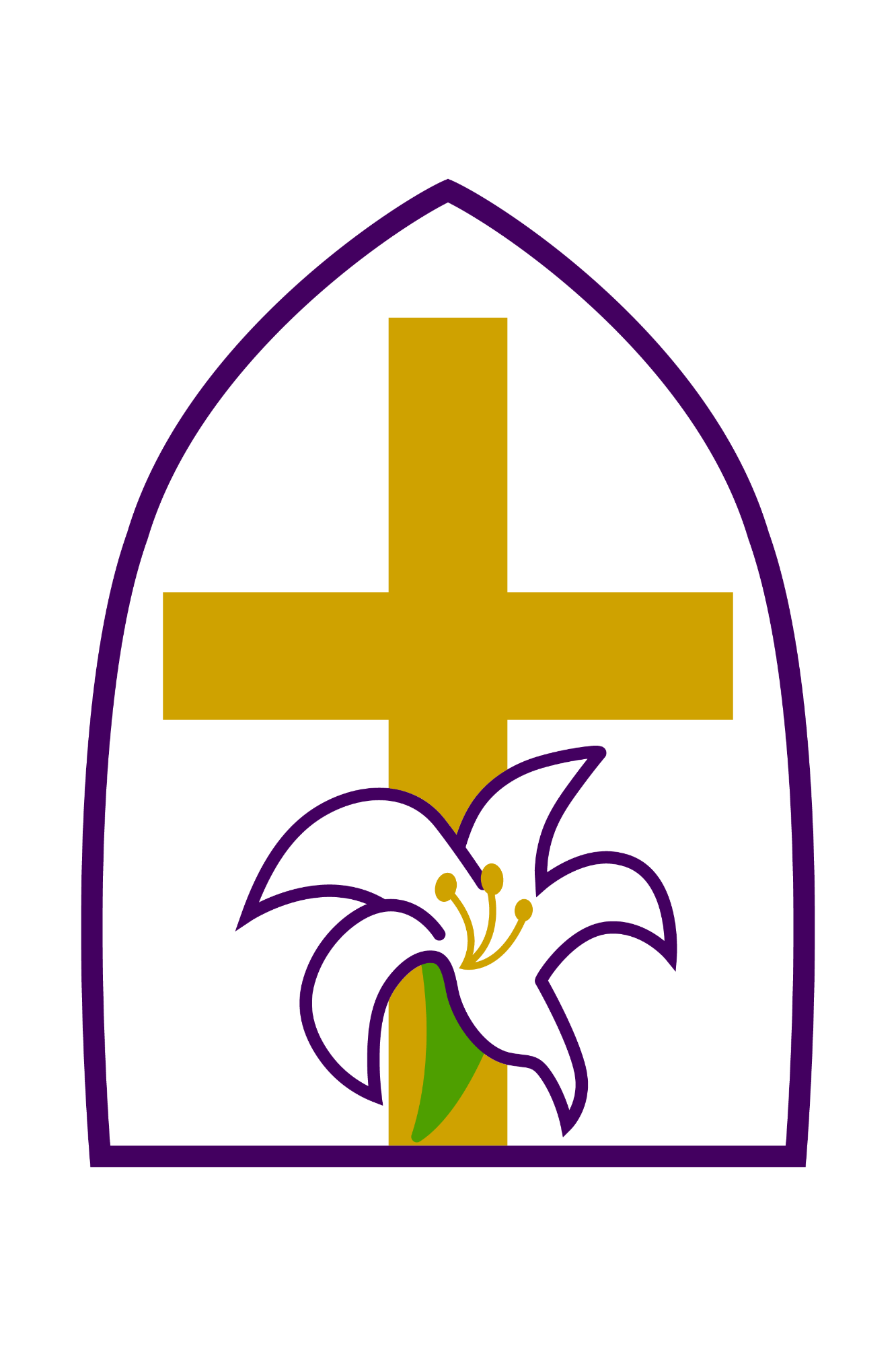Computing
'The people who are crazy enough to think they can change the world are the ones who do.' Steve Jobs
Intent
Through our computing curriculum here at St. Catherine’s we aim to give all of our pupils the skills they need to use technology effectively, efficiently and safely. We want them to be able to use and apply these transferrable skills with any new technology and in the 21st century workplace. We want to use our computing lessons to inspire and motivate our pupils to know the career opportunities open to them if they have a passion for computing. We want our learners to become independent users of technology and be able to support their peers in all activities, and we do this through appointing ‘Digital Leaders’ in each year group. We strive to use technology effectively across the entire curriculum, ensuring that our pupils recognise the importance of computing in every subject. Not only do we want learners to be digitally literate and competent users of technology but through our computer science lessons, using ‘Barefoot Computing’, we want them to develop creativity, resilience and problem-solving and critical thinking skills. We aspire for our pupils to be positive users of technology who understand the importance of being safe and supportive online, striving to be a responsible digital citizen.
Our Curriculum
The Computing curriculum at St. Catherine’s is broken down into three key areas: Computer Science, Digital Literacy and Digital Citizenship. We cover all of these areas in a variety of different ways through use of iPads, laptops, Chromebooks and a range of excellent digital resources. Our approach to each area of Computing is explained below.
- Computer Science - Barefoot Computing
This is a high-quality programme of lessons that teaches all of the key aspects of computer science including the correct language to use and the skills for programming. The lessons are interactive and engaging with full curriculum coverage. As their website says, ‘Barefoot is on the side of teachers; helping them inspire pupils to think, learn and thrive in a digital world.’
- Digital Literacy – use of apps, word processing, spreadsheets, presentations, videos etc.
This is planned and delivered based on year group objectives from the national curriculum. Two of these lesson types are taught per half-term. Pupils are taught the basic skills for each piece of software. Skills such as typing, using a mouse, saving work, logging in/out etc. are essential skills for our pupils and can be applied across a variety of technological contexts.
- Digital Citizenship - Common Sense Media
We have chosen a highly recommended programme provided by Common Sense Media (a company passionate about teaching children to be safe online and use technology responsibly) to teach our pupils to be fantastic digital citizens. Each year group in KS2 has six lessons to focus on across the year and KS1 pupils have three as well as a song to learn. The lessons are relevant, up-to-date and cover a wide range of crucial areas on the safe use of technology. Each lesson is documented in an online safety diary which is passed up to the next year group, creating a comprehensive story of each class’ digital citizenship journey.
www.commonsense.org/education/digital-citizenship
www.commonsense.org/education/system/files/digital_citizenship_curriculum_overview_2020_0.pdf

Home Learning
Teachers encourage pupils to use technology as much as possible for their homework by setting tasks that require the use of digital literacy skills. Pupils are encouraged to use Times Table Rock Stars (TTRS), Accelerated Reader (AR), Numbots etc. Our online learning platform dB Primary has afforded our pupils the opportunity to email each other, participate in forum discussions, add blog entries and submit digital work to teachers. In Year 6 they use Google Classroom to prepare our pupils for the transition to secondary school.
Generating a love for the subject
- The school has a full class set of ipads with a range of excellent educational and creative apps.
- Year 6 have access to a full set of Chromebooks to support learning and prepare pupils for secondary school.
- A number of laptops are available in each classroom in addition to a suite of computers in the library.
- Each class learns about 3 famous ‘tech giants’ each year.
- There are Digital Leaders in each class who are in charge of supporting teachers and peers with any tech issues in lessons.
- We hold an assembly to mark Safer Internet Day each year.
Support for parents
- Half-termly Online Safety leaflets are sent home with family activities and family tips related to online safety lessons that pupils are taught that day.
- Please find a selection of helpful websites to learn about the appropriate and safe use of technology (including games, films, apps etc.).
